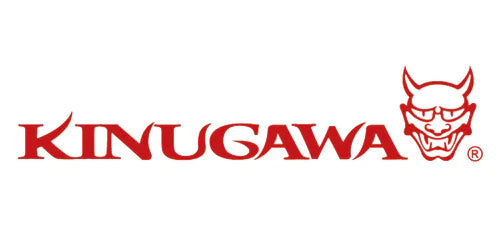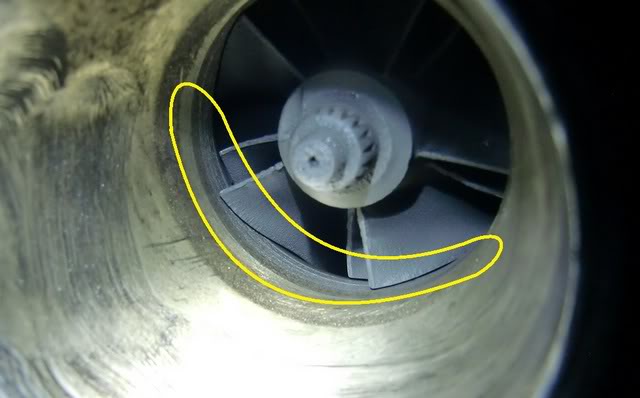Shaft play is caused by the bearings in the center section of the turbo wearing out over time. When a bearing is worn, shaft play, a side to side wiggling motion of the shaft occurs. This in turn causes the shaft to scrape against the inside of the turbo and often produces a high-pitched whine or whizzing noise. This is a potentially serious condition that can lead to internal damage or complete failure of the turbine wheel or the turbo itself.
Turbocharger shaft play is a term that applies to the actual shaft which runs between the intake and exhaust housings of a turbo. There are many types of turbochargers that each will have acceptable shaft play. Most turbo units are floating bearing turbos which means that the oil pressure is required to stabilize the shaft completely. This means that there will be a slight amount of shaft play in the unit when no oil pressure is present. Knowing the tolerances of these turbos is key to diagnosis. Ball bearing turbos will have no shaft play at all when they are in working order. Ball bearing turbos are not as common due to the high cost of the units.
The tolerance for shaft play on a floating bearing turbo is enough that it can be seen but the blades of the unit will not touch the sidewall of the housing. If the blades of the impeller can touch the side with very little force then the unit should be replaced. That said if the blades are forced to touch the sidewall with excessive pressure then the turbocharger has just been damaged by the person doing this. Shaft play in an in and out fashion is never acceptable and means that internally there is serious damage to the turbocharger.
Most cases cased by oil contamination
- If the oil filter is damaged or a poor-quality oil filter is used
Excess moisture can lead to premature oil degradation, increased corrosion and increased wear
- High carbon build up present in the engine can quickly contaminate new oil
- Contamination of new oil whilst servicing (accidental)
- Unchanged oil containing detergent deposits can become very abrasive to the turbos precision components Engine wear, which can leave swarf deposits in the oil
- Degrading oil caused by excessive temperatures or extended service intervals
- Internal engine leaks, such as fuel or coolant mixing with oil supply
- Residue from blasted components, during the remanufacturing process
- Particles from carbon build up in oil feed pipes
Signs of oil contamination
- Scoring to thrust components
- Scoring to journal bearings
- Scoring to journal bearing diameter of shaft and wheel Smell of fuel in the oil
- Particulates in the oil

Preventing turbo failure caused by oil contamination
- Using new oil and filters helps to reduce the risk. We advise that filters recommended by the engine manufacturer are used when refitting the turbo
- Replacing or cleaning the oil inlet pipes and in-line micro filters helps to prevent carbon deposits entering the oil flow to the bearings
- Take care when changing oil during servicing to prevent accidental contamination
- Check for engine wear that could leave swarf deposits
- Check the vehicle is up to date with services

